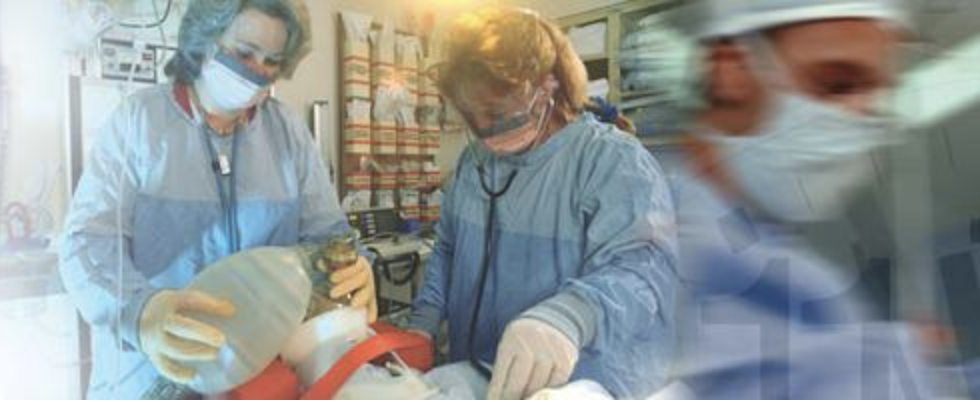Emergency Medicine CME
31 - 32 of 32 results
- FREE
Medscape Emergency Medicine
CME activities of special interest to emergency specialists. Medscape contains a variety of educational formats:
CONFERENCE COVERAGE – Reports of advances presented at major medical conferences; typically includes several tracks with news stories, expert interviews, and in-depth topic overviews.
CLINICAL UPDATE – Comprehensive original review article on scientific advances in a clinical topic.
FAST TRACK CLINICAL UPDATE – Narrowly focused original review article on scientific advances in a clinical topic.
CME-LIVE – Real-time online events with streaming video, synchronized visuals, and interactive questions and answers; archived for 1 year.
CLINICAL BRIEFS – Daily reports of major current medical research articles; 0.25 credits each
JOURNAL CME – Articles selected from a wide selection of peer-reviewed journals.
SPECIAL REPORT CME – Topic-based monthly email newsletter distributed to Medscape’s professional member database by specialty.INTERACTIVE PATIENT CASES – Original CME activity presented to the physician in an interactive, clinical case-based format. (See especially eMedicine CME Case Presentations.)
CME CIRCLE – Multimedia content certified by other accredited professional education providers, typically from live symposia or monographs, and then posted on Medscape and archived for one year.Target Audience: Physicians specializing in Emergency Medicine
See full details chevron_right- Cost: Free
- Credit hours: Varies depending on course
- CME credits awarded by: Medscape and many other sponsoring organizations
- Format: On-Demand Online
- Material last updated: Continuously Updated
- FREE
Organization for Advancing Critical Care Monitoring
These areas are covered:
Goal Directed Therapy ,Early Goal Directed Therapy, Hemodynamic Monitoring, Glucose Monitoring / Diabetes and Critical Care Pharmacology.Some recent titles are:
• Making the Case for Glycemic Control: Is it a Matter of Tightness or Timing?
• Advanced Hemodynamic Monitoring
• Cardiac Output Monitoring vs. TEE/TTEGoal-Directed Therapy in the Operating Room
• Physiologic Optimization Program: Physiology Based Fluid Management
• Extravascular Lung Water: Clinical Implications
• Critical Care Pharmacotherapy Literature Updates
• Severe Sepsis: Early Recognition & Management Saves Lives
• The Use of Dynamic Parameters in Perioperative Fluid Management
• Current Trends in Management of Blood Glucose in Type 2 Diabetes MellitusTarget Audience: Physicians focusing on Anesthesiology, Critical Care, ER, Hospital Medicine, and Pediatrics (ICU).
See full details chevron_right- Cost: Free
- Credit hours: Varies depending on course
- Format: On-Demand Online


